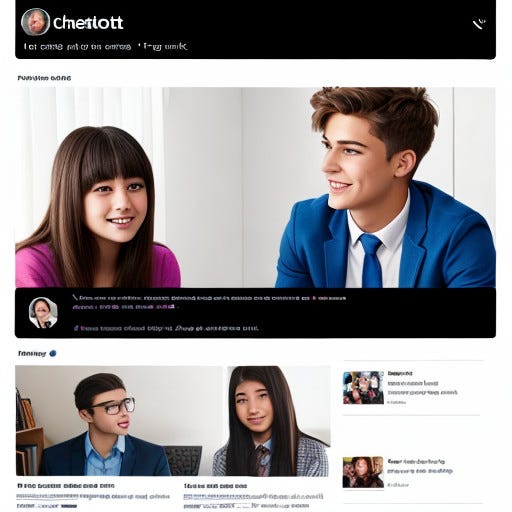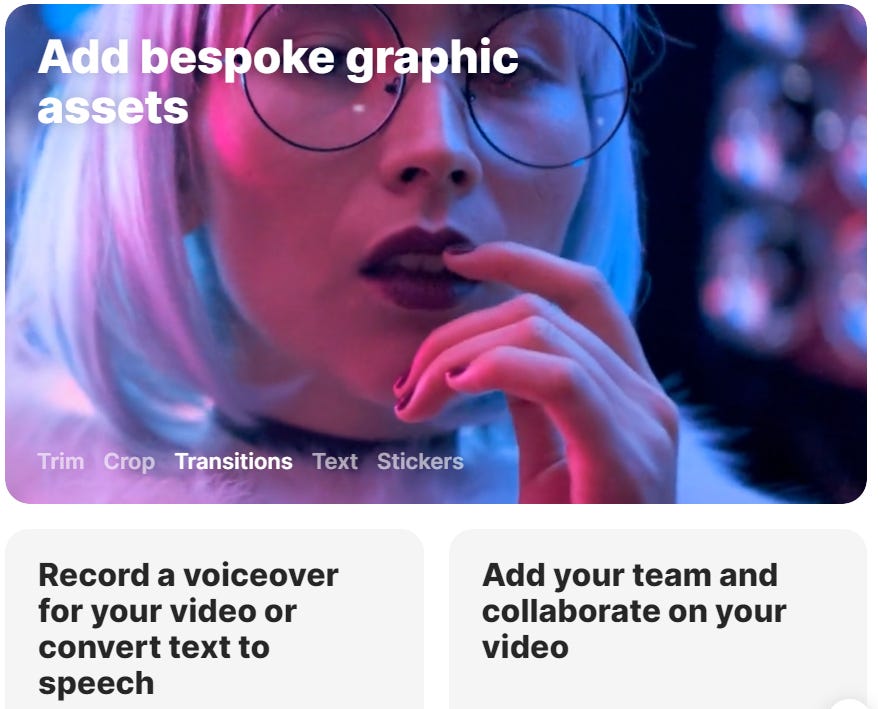The Rise of the Chatbots: Meta Bets on AI Personalities to Woo Gen Z
Meta Bets on Wacky AI Chatbots to Woo Generation Z and Regain Cool Factor
Meta is gearing up to unveil its latest effort to capture the attention of Gen Z users - AI chatbots with vibrant, youthful personalities. According to a report in The Wall Street Journal, Meta plans to announce these new chatbots, code-named "Gen AI Personas" internally, during its Meta Connect event this week.
The chatbots are designed to engage young users through colorful behavior and banter, taking a page from the explosive growth of ChatGPT over the past year. While details remain scarce, Meta has apparently developed dozens of unique personas, including a "sassy robot" akin to Futurama's Bender and an inquisitive alien named Alvin. Some personas are more productivity-focused, able to assist with coding and other tasks.
Meta sees these AI characters as a way to boost engagement among teens and young adults, who have been increasingly flocking to TikTok over Instagram. The social media giant knows first-hand how fickle youth audiences can be, having lost relevance with younger users in recent years. With chatbots, Meta aims to recapture their attention through novelty and entertainment.
But crafting the right persona is a delicate balancing act. According to The Journal, some Meta employees have voiced concerns that certain chatbot traits could be off-putting or inappropriate. In one alarming example, a chatbot told a Meta employee that "when you're with a girl, it's all about the experience. And if she's barfing on you, that's definitely an experience." Clearly, there are pitfalls in trying to mimic Gen Z lingo and attitudes.
Meta appears to be taking inspiration from China's Xiaoice, an uber-popular chatbot known for its lifelike, conversational abilities. Xiaoice has attracted millions of users, predominantly young women seeking an artificial friend. Meta will be hoping to replicate some of that social magic, mining data on youth trends and tastes to craft the hottest new digital BFFs.
Of course, the underlying motive is profit. While Meta frames these chatbots as novel entertainment, they offer lucrative opportunities to keep users engaged longer and serve up more ads, as former Snap and Instagram executive Meghana Dhar points out. Still, Gen Z is generally more receptive to new technologies - if Meta can strike the right tone, chatbots could very well catch on.
To support this AI personalities push, Meta is also reportedly developing its own large language model to compete with OpenAI's GPT-4 that powers ChatGPT and Bing. The company is pouring resources into leading-edge AI, which it sees as the next major platform shift, much like mobile was a decade ago.
Beyond chatbots, Meta Connect promises updates on the company's metaverse ambitions and new VR/AR hardware. But Gen AI may well steal the show, demonstrating Meta's resolve to win over youth audiences through artificial intelligence. If these chatbots resonate widely, they could reshape social media and cement Meta's status as a top AI player.
Of course, it's too soon to predict outcomes - for users, Meta's AI personalities could prove captivating, or come off as canned and clunky. But the company seems to have embraced the prevailing view in tech: that human-like chatbots are the future. For Meta, virtual buddies like Alvin and Bender aren't just fun experiments - they're strategic gambles with Gen Z's precious attention at stake.
We'll soon find out if Meta's personality-driven approach pays off as a compelling new social experience, or falls flat as a transparent ploy. But Make no mistake - with these chatbots, Meta is betting big on AI as its next phase of growth and relevance. The company that reinvented social connection with Facebook is now aiming to reinvent mobile messaging through artificial intelligence.







